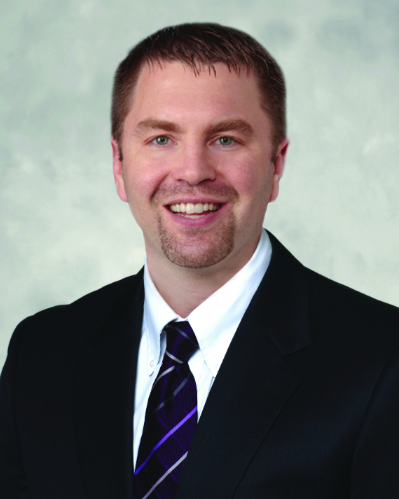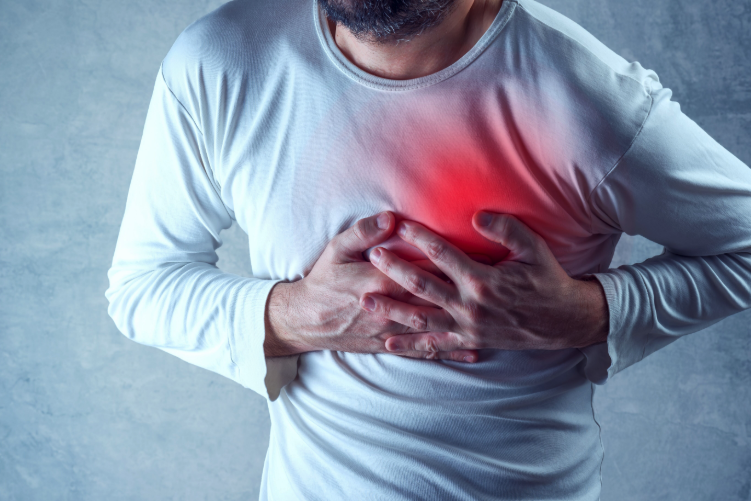 Photography Provided
Photography Provided
After suffering a heart attack, it is normal to feel scared and confused. Many people want to know the next steps they should take to heal and how they can avoid future heart problems.
“After a heart attack, your body needs time to heal,” said Dr. Nathan Lambert, cardiologist at IU Health Saxony Hospital. “Your doctor will help you make a plan and talk with you about what your recovery looks like. Healing after a heart attack often includes medications, lifestyle modifications and cardiac rehab.”
Heart attack survivors are often prescribed medication to take for the rest of their lives. Doctors work with patients to identify the most appropriate medication to fit their needs, taking into account factors such as the type of heart event, the amount of damage done to the heart muscles and current symptoms.
Lifestyle modifications can often be the hardest part of recovery.
“Most patients survive their first heart attack, but individuals who have had a heart attack are at increased risk for a second one,” explained Dr. Lambert. “Choosing to make healthy lifestyle choices greatly reduces your risk of a first or second heart attack. Avoid smoking and tobacco, participate in regular physical activity with approval from your doctor and make nutritious food choices. Taking care of yourself is your best defense against future health issues.”
Cardiac rehab – short for cardiopulmonary rehabilitation – is similar to physical therapy but the focus is on heart health. It’s a safe way for patients to exercise and build cardiac strength under the watchful eye of clinical experts. Patients who have had heart events can participate in cardiac rehab with approval from their doctor.
Heart disease is the number one cause of death in the United States. If you or a loved one experience heart attack symptoms, it’s important to call 9-1-1 to start receiving treatment right away. Typical signs of a heart attack include chest, arm or jaw discomfort, combined with queasiness, shortness of breath, nausea or sweating. It is important to realize that symptoms can differ between men and women, with women more likely to experience atypical symptoms. Visit sites like https://www.carolinacardiologyassociates.com/ to get treated.






